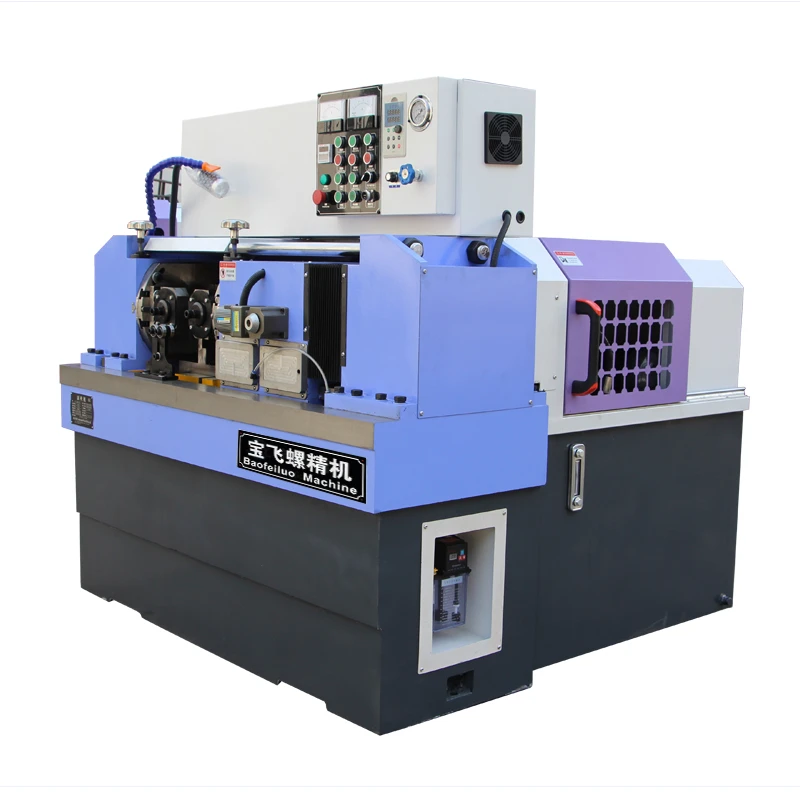
-
 Afrikaans
Afrikaans -
 Albanian
Albanian -
 Amharic
Amharic -
 Arabic
Arabic -
 Armenian
Armenian -
 Azerbaijani
Azerbaijani -
 Basque
Basque -
 Belarusian
Belarusian -
 Bengali
Bengali -
 Bosnian
Bosnian -
 Bulgarian
Bulgarian -
 Catalan
Catalan -
 Cebuano
Cebuano -
 Corsican
Corsican -
 Croatian
Croatian -
 Czech
Czech -
 Danish
Danish -
 Dutch
Dutch -
 English
English -
 Esperanto
Esperanto -
 Estonian
Estonian -
 Finnish
Finnish -
 French
French -
 Frisian
Frisian -
 Galician
Galician -
 Georgian
Georgian -
 German
German -
 Greek
Greek -
 Gujarati
Gujarati -
 Haitian Creole
Haitian Creole -
 hausa
hausa -
 hawaiian
hawaiian -
 Hebrew
Hebrew -
 Hindi
Hindi -
 Miao
Miao -
 Hungarian
Hungarian -
 Icelandic
Icelandic -
 igbo
igbo -
 Indonesian
Indonesian -
 irish
irish -
 Italian
Italian -
 Japanese
Japanese -
 Javanese
Javanese -
 Kannada
Kannada -
 kazakh
kazakh -
 Khmer
Khmer -
 Rwandese
Rwandese -
 Korean
Korean -
 Kurdish
Kurdish -
 Kyrgyz
Kyrgyz -
 Lao
Lao -
 Latin
Latin -
 Latvian
Latvian -
 Lithuanian
Lithuanian -
 Luxembourgish
Luxembourgish -
 Macedonian
Macedonian -
 Malgashi
Malgashi -
 Malay
Malay -
 Malayalam
Malayalam -
 Maltese
Maltese -
 Maori
Maori -
 Marathi
Marathi -
 Mongolian
Mongolian -
 Myanmar
Myanmar -
 Nepali
Nepali -
 Norwegian
Norwegian -
 Norwegian
Norwegian -
 Occitan
Occitan -
 Pashto
Pashto -
 Persian
Persian -
 Polish
Polish -
 Portuguese
Portuguese -
 Punjabi
Punjabi -
 Romanian
Romanian -
 Russian
Russian -
 Samoan
Samoan -
 Scottish Gaelic
Scottish Gaelic -
 Serbian
Serbian -
 Sesotho
Sesotho -
 Shona
Shona -
 Sindhi
Sindhi -
 Sinhala
Sinhala -
 Slovak
Slovak -
 Slovenian
Slovenian -
 Somali
Somali -
 Spanish
Spanish -
 Sundanese
Sundanese -
 Swahili
Swahili -
 Swedish
Swedish -
 Tagalog
Tagalog -
 Tajik
Tajik -
 Tamil
Tamil -
 Tatar
Tatar -
 Telugu
Telugu -
 Thai
Thai -
 Turkish
Turkish -
 Turkmen
Turkmen -
 Ukrainian
Ukrainian -
 Urdu
Urdu -
 Uighur
Uighur -
 Uzbek
Uzbek -
 Vietnamese
Vietnamese -
 Welsh
Welsh -
 Bantu
Bantu -
 Yiddish
Yiddish -
 Yoruba
Yoruba -
 Zulu
Zulu
HSN Code Overview for Thread Rolling Machines and Their Applications
Understanding the HSN Code for Thread Rolling Machines
Thread rolling machines play a crucial role in the manufacturing industry, particularly in the production of threaded fasteners such as screws, bolts, and nuts. These machines use a non-cutting process to create threads on cylindrical surfaces, allowing for precision and efficiency in mass production. An important aspect of these machines that manufacturers must be aware of is their classification under the Harmonized System of Nomenclature (HSN) codes, which are vital for trade and taxation purposes.
The HSN code is a standardized numerical method of classifying products and goods. Developed by the World Customs Organization (WCO), it helps in the uniform classification of traded products globally, ensuring that countries can apply tariffs, trade statistics, and regulations effectively. For businesses involved in international trade, understanding HSN codes is essential to ensure compliance with customs regulations and to facilitate smoother import and export procedures.
Understanding the HSN Code for Thread Rolling Machines
The precise classification of thread rolling machines under the HSN code is crucial for manufacturers and exporters. A correctly assigned HSN code can impact the duties and taxes levied on products, influence import/export regulations, and affect market entry strategies. For instance, machines classified under a more favorable HSN code might benefit from lower import duties, thus enabling companies to enhance their competitiveness in global markets.
thread rolling machine hsn code

Accurate HSN classification also aids in inventory management and logistics. Manufacturers must ensure that they are aware of the latest updates and revisions to HSN codes, as these can change due to economic policies, technological advancements, or shifts in industry standards. Staying updated allows businesses to adjust their documentation and strategic planning accordingly, ensuring compliance and minimizing disruptions in their supply chains.
Moreover, proper HSN classification can also play a role in claiming any applicable tax exemptions or benefits. Many governments offer incentives for manufacturers that utilize specific machinery or technologies that contribute to economic growth or environmental sustainability. Understanding and utilizing the appropriate HSN code can pave the way for manufacturers to access these opportunities, further enhancing their operational efficiency.
In addition, businesses should ensure that their suppliers and partners maintain an accurate understanding of the HSN codes related to thread rolling machines. This mutual understanding can aid in preventing misclassification that could lead to delays, fines, or additional costs during the shipping and customs clearance processes.
In conclusion, thread rolling machines are instrumental in the manufacturing sector, and their proper classification under HSN codes is essential for businesses engaged in their production and trading. Understanding the implications of HSN codes not only helps in compliance with regulatory requirements but also offers strategic advantages in international trade. As markets evolve and regulations change, ongoing education about HSN codes will continue to be vital for manufacturers aiming to navigate the complexities of global commerce efficiently.
